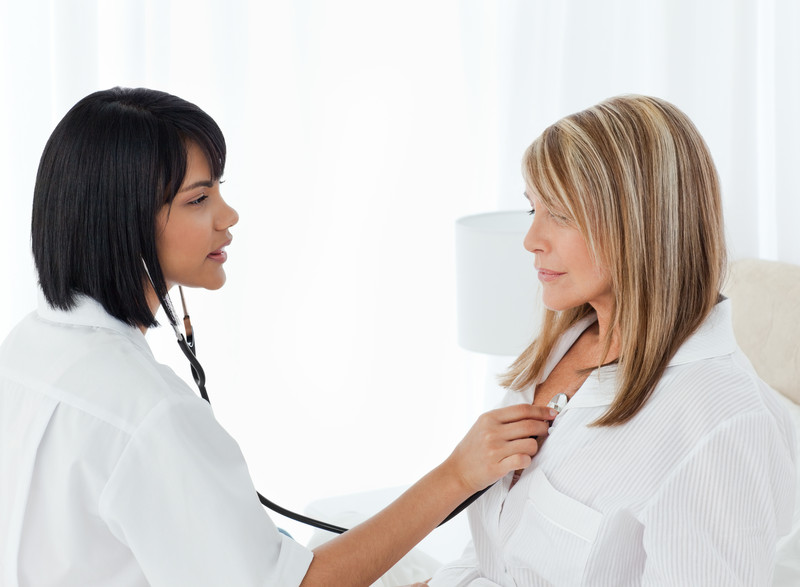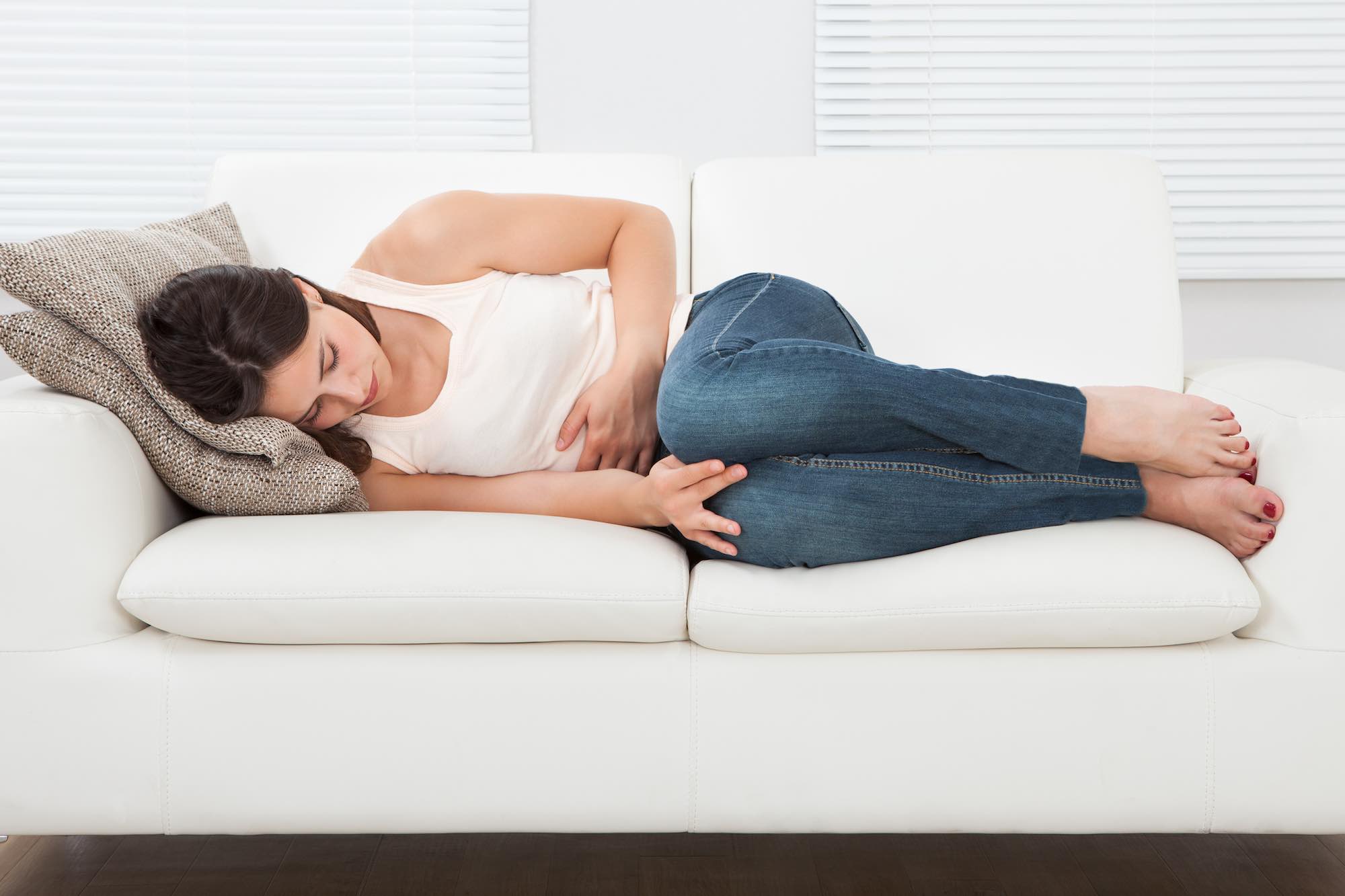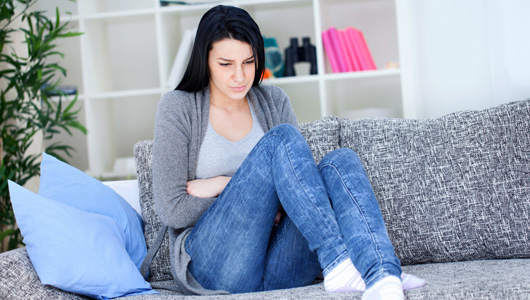In this blog, we will discuss tips about diarrhea during early pregnancy.
There’s no question that if there’s any stage of life designed to rob you of your dignity, pregnancy is it! Bad enough having to constantly trot to the bathroom to pee, but sometimes you’ve got “it” coming out the other end, too! That’s right – acne, heartburn, sleeplessness, weird dreams, mood swings, food cravings, and a baby hippo tap-dancing on the bladder aren’t sufficient, we have to get diarrhea, too, because merely being pregnant isn’t interesting enough.
Why don’t we skip over the definition of diarrhea – we all know what it is – and get right down to why it happens. There are a number of reasons your guts could get in an uproar:
- Your hormones: especially in the first trimester, hormone shifts can cause loose stools – not exactly “diarrhea” but definitely messier than your usual.
- Your stage of pregnancy: in the third trimester, many women experience diarrhea anywhere from a couple of week to right before they go into labor. It’s the result of the oxytocin that’s triggering uterine muscle contractions also affecting your digestive tract.
- Your health: there are some medical conditions (such as certain liver diseases) that can cause diarrhea during pregnancy. Your doctor will know if this is the case and can help you take steps to control it. You might have picked up a case of gastro-enteritis, which is when your intestinal lining has become inflamed – again, your doctor will know best how to treat this but be aware that many forms of GE are contagious (something to keep in mind if you have little ones, elderly, or immune-compromised people around).
- Your meds: certain medications needed by some women during pregnancy can cause diarrhea – Zithromax and other antibiotics are examples. Even your prenatal vitamins could do it if you’re sensitive to any of the non-medicinal ingredients such as binders and fillers.
- Your diet (part one): you’ve no doubt gone to great effort to ensure your diet is top quality nutrition – but all that extra produce and whole grains you’ve been eating comes with a price: fiber is a well-known treatment for constipation and if your system isn’t used to it, it takes a while to adjust.
- Your diet (part two): Sometimes it’s not what you’re eating, but what’s in what you’re eating. Your little passenger has dialed down your immune system in order not to be attacked as a foreign invader. As a result, you’re far more vulnerable and far more sensitive to contamination such as E. coli or parasites and you’re more sensitive to sugar and chemicals such as food dye, preservatives, and pesticides.
- Your fluids: the average North American is always mildly dehydrated (a cause of constipation) and suddenly drowning your system in water can cause things to shake loose until you adjust. Caffeine is another known cause of diarrhea because it stimulates the digestive tract – you might be used to drinking 15 cups a day but there’s a reason you’re said to be in a “delicate” condition: dial back the java, sister!
- Your exercise routine: if you’ve always been rather sedentary and have jumped into Pregnancy Yoga or “Baby Bump Boxing”, that can cause diarrhea. Our motility is closely related to our mobility, which is why some time from now, you’ll have a toddler who’s sat on the potty for fifteen straight episodes of The Backyardigans who then stands up, takes three steps, and poops on the floor.
- Your location: if you’ve traveled – and it doesn’t have to be far, it could be as little as fifty miles away (depending) – you could be reacting to the unfamiliar bacteria and organisms in the air and water. Normally it happens on that dream trip to Mexico and is called “Traveler’s Diarrhea” but when you’re pregnant, even moving out of your immediate zone can cause things to flare up.
While it is a nightmare when it happens, the good thing is that pregnancy diarrhea is nowhere near as common as constipation. If it’s a sudden attack of short duration and you can pretty much figure out what’s caused it, walk it off. But if it’s been two days or more or you really have no idea why it’s happening, you really need to see your doctor. Diarrhea can leave you dehydrated before you even know it and that’s very bad for baby (too dehydrated for too long can terminate the pregnancy or throw you into early labor).
In the meantime, if you’ve got the “gallop and trots”, there are a few things you can do to ease the situation:
- First, avoid foods that can make things worse: no fatty/greasy/oily foods or milk and cheese (which irritate an already inflamed gastro-intestinal lining – yoghurt is encouraged, but only plain active-culture in order to repopulate your intestinal tract), no salty food (ditto), avoid spicy foods (same), and whatever you do, stay away from soluble fiber (dried fruits, for example) and chemical sweeteners such as sorbitol! You might even consider fasting for a full day – nothing but clear fluids such as water and flat ginger ale – in order to clear everything out.
- Second, you need to eat foods that are gentle on your stomach and encourage things to bind up in there: the BRAT (Bananas, Rice, Applesauce, and Toast) diet is a time-honored tradition but you can also add potatoes, unsweetened cereal such as regular Cheerios or Rice Krispies, crackers, broth-based soups with rice or pasta, cooked carrots, live active-culture yoghurt, and lean meat such as chicken breast. AVOID high-sugar foods – if your sweet tooth is raging, opt for an electrolyte-based sports drink such as Gatorade (Important!!! This is advice for pregnant women: do not give Gatorade to children with diarrhea – it’s not meant for them and can make a bad situation worse).
- Be careful what diarrhea medication you use -anything that has only kaolin and pectin as active ingredients (Kaolin is absorbent white clay that doesn’t get absorbed into your system and pectin is soluble fiber found in fruit that also absorbs water) is okay, as is Imodium or other loparamide formulations. Really avoid anything that has sodium, sodium bicarbonate, bismuth, or salicylates (pay attention to Kaopectate: some formulas have salicylates added!).
One last thing: if it’s just the runs, that’s one thing (“it” happens), but if it’s not “just” the runs, you really need not to ignore it! Please seek immediate medical advice if it’s explosive, if it’s happening more than three times in a day, if there’s mucus or blood in it, if it’s weird colors (especially if it looks like there’s brown coffee grinds or tarry black bits in it), or if it’s nothing but pure water.
There now: don’t you feel better?
[lamoud_Pregnancy_Calculator]My content[lamoud_Pregnancy_Calculator]





